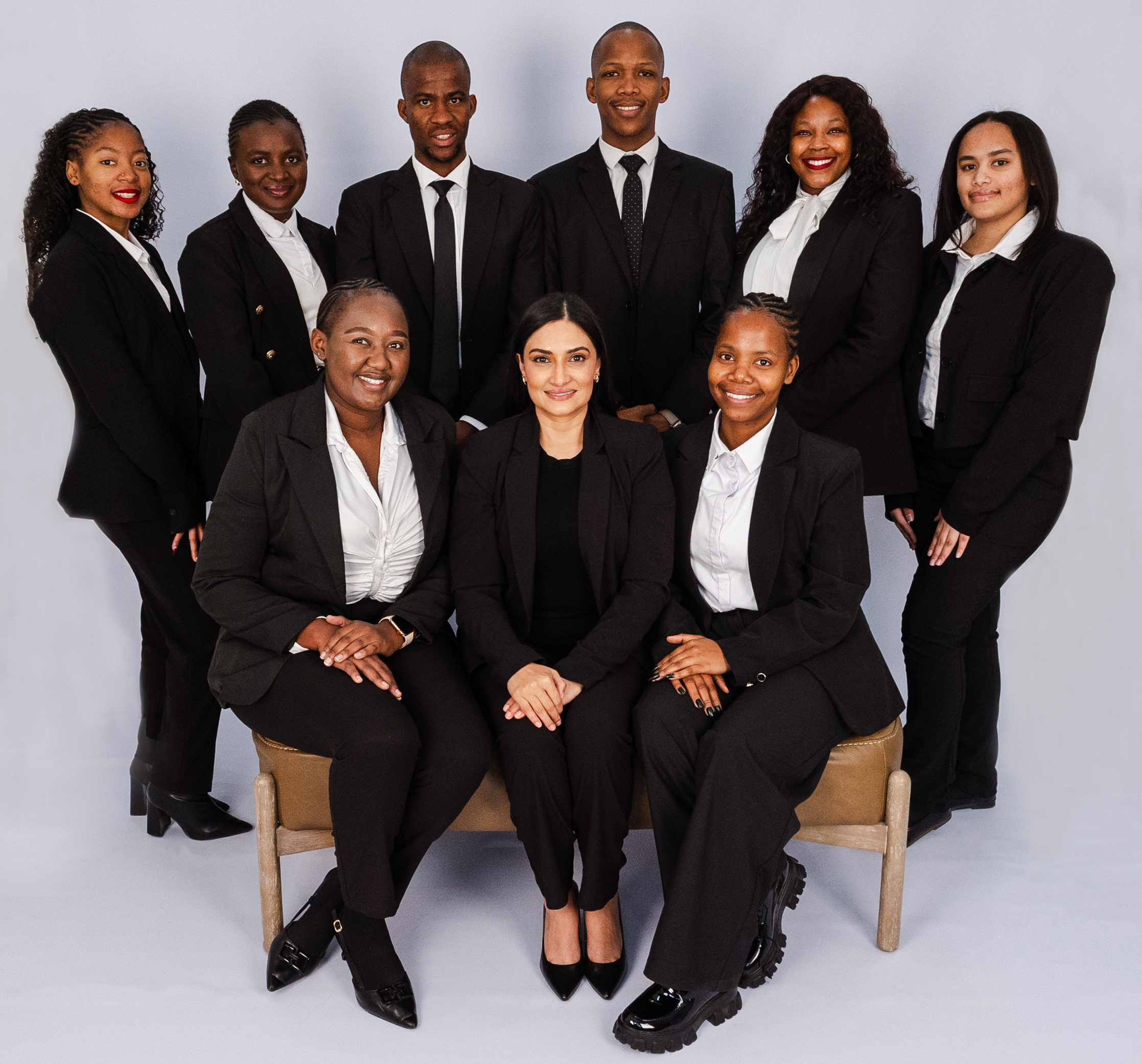In South African law, a company or close corporation exists as a separate legal entity, distinct from its shareholders or members. This principle creates the protection of limited liability, meaning that members are generally not personally responsible for the debts and obligations of the entity solely because of their ownership interest. For close corporations, this protection is reflected in section 2(3) of the Close Corporations Act 69 of 1984, which makes clear that membership alone does not create personal liability.
While this protection is fundamental, it is not absolute. Courts have long recognised that the separate legal personality of a business can be misused. In exceptional situations, both legislation and common law permit the piercing or lifting of the corporate veil, disregarding the entity’s separate personality to hold individuals personally liable. The aim is to prevent the misuse of limited liability as a shield for wrongful conduct.
The Supreme Court of Appeal (SCA) recently addressed the scope of this remedy in Crous v Wynberg Boys High School and Others. The dispute began when Wynberg Boys High School applied for the winding-up of Eastco Travel CC, a close corporation that had arranged a student trip to the United States. The school alleged that the majority member, Ms Fourie, had devised a fraudulent ticketing scheme in which discounted flights were sold on condition of upfront payment, only for the bookings to be cancelled and the refunds diverted for personal gain. This conduct caused the school a loss of R638 880, which it sought to recover not only from Ms Fourie but also from her father, Mr Crous, the other member of Eastco Travel CC.
The school argued that both members should be held jointly and severally liable by invoking section 65 of the Close Corporations Act. This provision allows a court to disregard a corporation’s separate personality where its formation, use, or conduct amounts to a gross abuse of its juristic personality. The High Court agreed with the school, holding that both members had unconscionably abused the corporation’s legal identity and ordering them to repay the loss in addition to winding up the corporation.
On appeal, the SCA took a different view. It confirmed that section 65 is an exception to the principle of limited liability but stressed that mere membership is not enough to impose personal liability. There must be evidence that the member actively participated in or was responsible for the conduct amounting to gross abuse. The court found that Mr Crous had provided initial financial support to help his daughter start the business but had no role in its management and no knowledge of her fraudulent activities. The SCA also rejected the argument that members owe a fiduciary duty to the public; such duties are owed to the close corporation itself.
The appeal was upheld, and the claim against Mr Crous was dismissed with costs. Ms Fourie, however, remained personally liable for the loss.
This decision underscores that while South African courts will intervene to pierce the corporate veil in cases of serious abuse, liability will only be imposed where there is proof of personal involvement in the misconduct. Passive or uninvolved members will not be held liable solely by virtue of their status.






